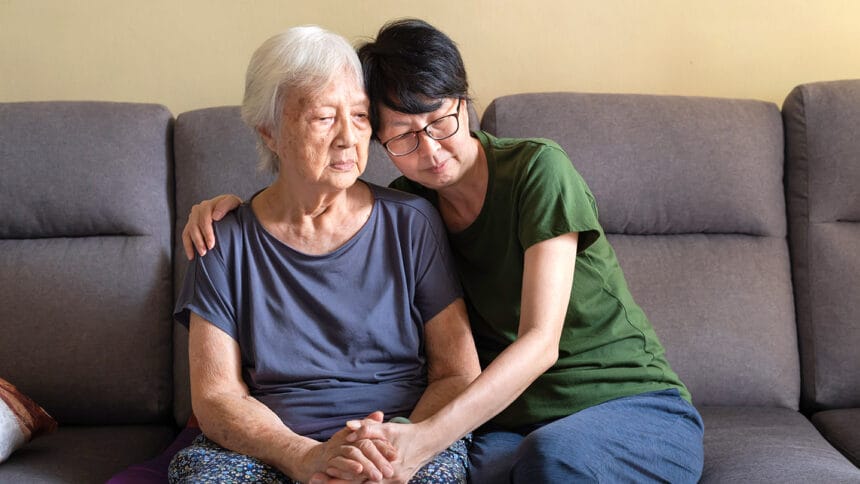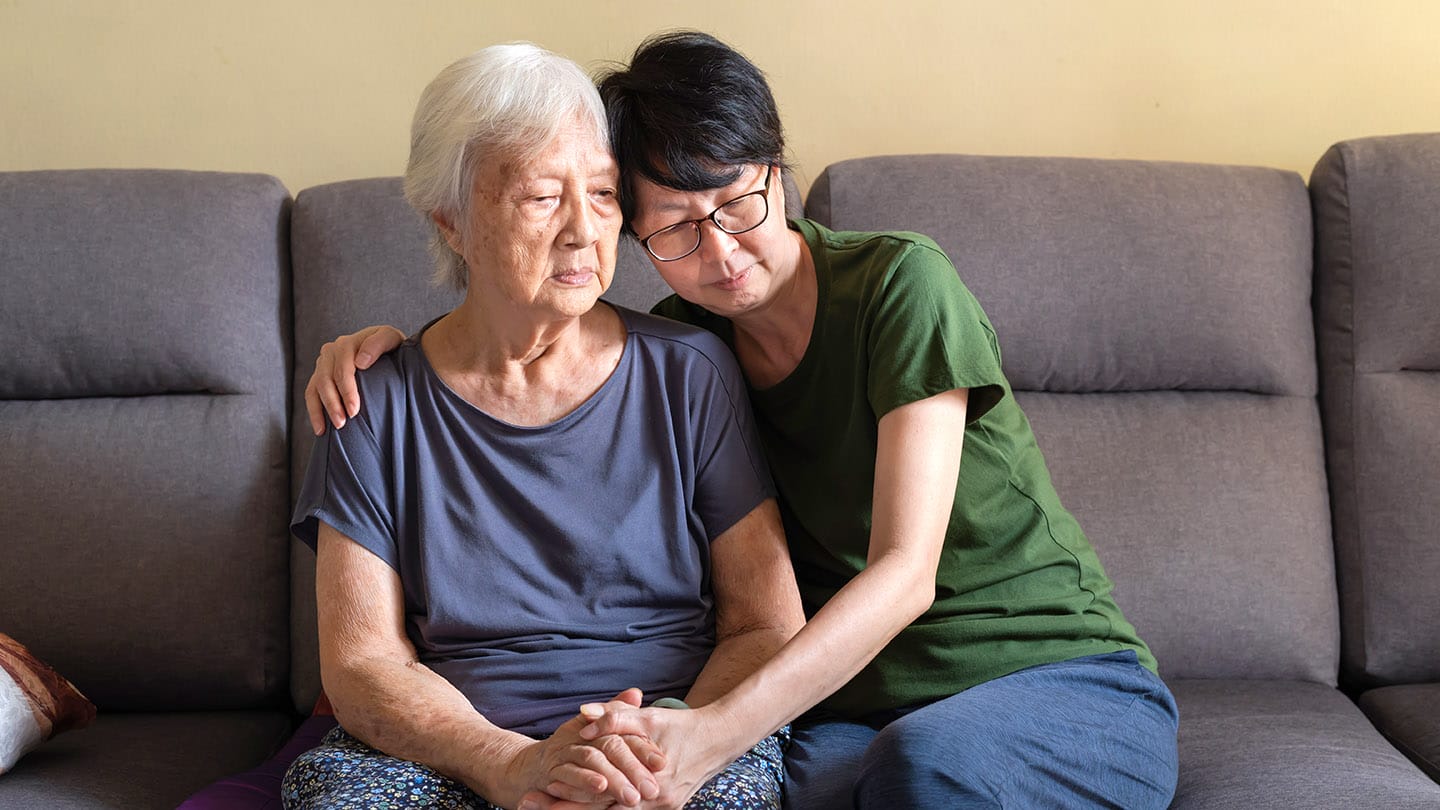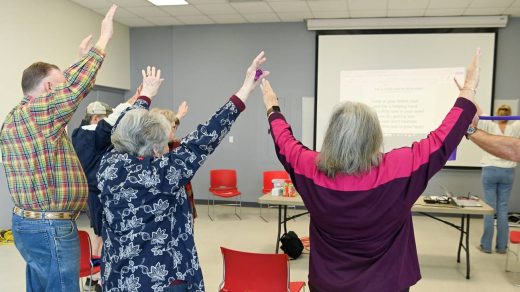
A new national report focuses on the complex care needs of those living with Parkinson’s disease and the significant toll on those who care for them.
“Parkinson’s Disease Caregiving in the U.S.,” released by the National Alliance for Caregiving in partnership with The Michael J. Fox Foundation for Parkinson’s Research and Arcadia University, presents an in-depth look at this caregiver population — described as “dedicated, resourceful, and often being stretched thin.”
The report finds that Parkinson’s caregivers provide an average of 31 hours of unpaid care per week, with half of the interviewed caregivers reporting more than 100 hours. Over one-third (35%) of caregivers have been in the role for five years or longer.
On average, the report states, Parkinson’s caregivers assist with three activities of daily living — such as bathing and dressing — compared with fewer than two among caregivers for people with other conditions. Almost half (47%) of care recipients require memory-related support, adding another layer of complexity.
Some people with Parkinson’s receive care in senior living communities or other long-term care facilities — 20%, according to the report (8% in assisted living, 3% in independent living and 9% in nursing homes or other long-term care residential settings), compared with just 7% of care recipients with other conditions. Only 22% of people with Parkinson’s live independently, and more than half of caregivers co-reside with the person they support.
In the interviews featured in the report, 23% of caregviers reported using respite services.
Taken together, the report’s findings reflect the intensive nature of Parkinson’s care — and the ripple effects that can extend into a caregiver’s personal and professional life. For example, the report states that half of Parkinson’s caregivers are employed, working an average of 37 hours per week while providing care. Many caregivers reported needing to arrive late, cut back hours or take extended leave to manage care responsibilities. For those employed, that results in 18% saying they lost job benefits, a significantly higher rate than among non-Parkinson’s caregivers (4%).
“Parkinson’s caregivers are navigating one of the most complex care journeys imaginable, often at a great personal cost, yet they do so without the support they need and the recognition they deserve,” stated Jason Resendez, president and CEO of NAC.
The report authors made several recommendations, including:
- The federal government should establish a comprehensive paid family and medical leave program that can help caregivers navigate complex medical conditions while staying in the workforce.
- The federal government and states should create employer incentives for flexible workplace policies.
- Healthcare reforms should expand insurance coverage for respite care and essential medical equipment.
- Healthcare organizations should implement integrated care coordination systems that formally connect family caregivers with professional care teams across facility, home and hospital settings. Such systems should include standardized protocols for information-sharing, joint care-planning sessions and regular updates on health status and care changes.
- Digital platforms should facilitate secure communication between family caregivers and care professionals, and clearly defined roles and responsibilities should be established to ensure that all care partners understand their contributions to the care process.
“This report shines a critical spotlight on the experiences of caregivers, offering an evidence-based roadmap to better equip, acknowledge and empower them as essential partners in Parkinson’s care,” said Margaret L. Longacre, PhD, of Arcadia University.



